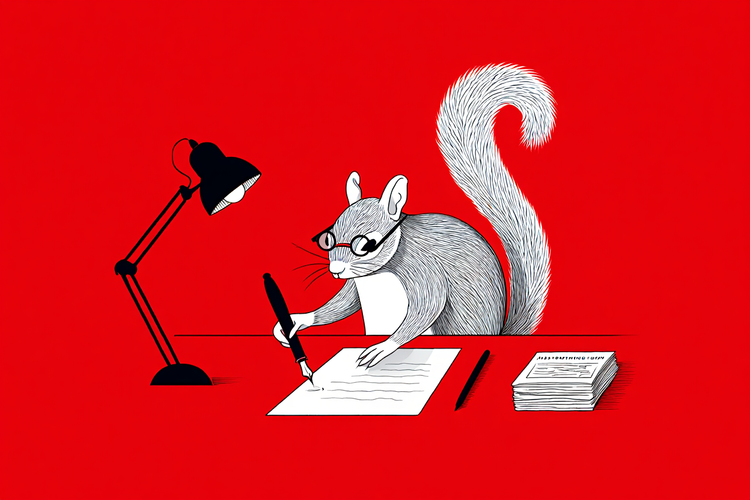Let's Be Honest

This must be terrible for you, I'm so sorry.
I have some guesses about how you're feeling: anxious, fearful, lost, pained. I would be too, if I were in your situation. Trust me, if it was in my power to change these circumstances, I would.
But my job is to guide you, so try to trust me. I'm going to be with you the whole time, and I want you to let me help you. I'll be honest with you, if you can be honest with me.
I don't want this to hurt any more than it needs to. I've witnessed enough human and animal pain. I want to prevent it. To relieve it, whenever possible. I took an oath to do just that.
And let's be honest, suffering is what we're talking about. If you've come to me for help, then let's do our best to be real. You want a different experience, but you don't know your way around places like this. We can work together.
So let's get down to it. I can definitely help. I promise you I can. But you need to listen very carefully, and you need to answer as truthfully as possible.
So, let's be honest about a few things.
About Our Abilities
Veterinarians can do some cool things (like fluoroscopic-guided chemoablations for congenital cardiac arrhythmias in baby miniature donkeys1). In the last 80 years, we've transformed from people who were mainly interested in diseases that affected the food supply, to family pet physicians.
However, there are many things we can't do.
We can't make dogs and cats live as long as people. We can't cure most cancers. We can't transplant most failing organs. We yearn to be as cutting edge as our human medicine counterparts, but our anesthetic mortality rates are worse, our patients' dental health is worse, and we have a woefully low rate of health insurance coverage. We're still–it pains me to admit this–a pretty crude system comparatively.
But there is one thing we've always been much better at: preventing suffering.
About Your Emotional Needs
You may have a sense of claustrophobic doom while trying to decide what's "best" for your ailing pet. I understand this well. More than likely, you expected medicine to be better.
It's very hard to find yourself in a dead end corner. Medicine (maybe just life) can be terribly harsh sometimes. At some point, you might be considering a choice that is technically a medical treatment, but is very unlikely to work.
So let's be honest about your goals.
Is your goal to be "a fighter"? Are we gonna do every medical treatment possible, because that makes you a "good" pet owner? Will you accept a one percent chance of making things better with a 70% chance of making them worse? What are you willing to risk?
How much of your pet's suffering will you put on the line?
About Your Pet's Status
The harshest lesson of medicine is that every decision is a tradeoff. Nothing is without risk. Life is sustained through the most extraordinary miracles of organic chemistry, and the system can be derailed at many critical checkpoints.
What do you think your pet wants? Really consider things from their perspective. At their very best, how much do they enjoy veterinary care?2 How about when they get sick? What would it be like for them to be on daily medication?
If you're adding it all up, and you're being honest, and you think you're getting what you want out of us, then please, let us provide healthcare for your animal.
But I want you to think about the future. I'll try my hardest to let you know when and how things are going to happen, but I can't be perfect. I just know that most of the time, when pets are in the position yours is in, things get worse. Despite our best efforts, we will lose this fight.
How long are you going to resist the inevitable?
I use an analogy with clients. Imagine you're in a dark field, walking backwards at night. You know there's a cliff behind you. You're not sure exactly where, but you know that if you keep going eventually you'll go over the edge. And it will be terrible.
How many steps do you want to take toward that edge?
I'll be as helpful as I can in predicting that cliff's location. I'll do as much as I can to slow down your footsteps, or to turn things around. But most of the time, it's impossible to do much. All I know is that if you keep going, at some point, you'll find it.
And that would be tragic. Your animal doesn't deserve that terrible plunge into darkness. Their job is to be your happy companion. The moment uncomfortable eventuality becomes known, we need to be completely and thoroughly realistic about why we're doing anything to avoid it.
You have to trust me that I've seen this countless times. I've heard what people regret and people cherish in these moments.
And I have to be honest. If it's your fear of loss, your desperate thrashing against fate, and your self-perpetuated inability to face life without a loyal companion that's keeping you from ending your pet's suffering...
Well, then look them in the eyes and admit as much.

- This was literally the first case I was involved during my clinical year during veterinary school.
- I'm guessing more than 75% of you say "not at all"!





Comments ()